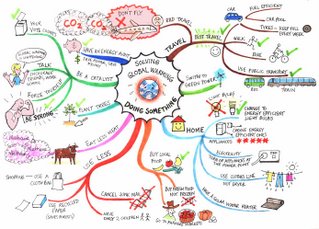I’m confused. But I’m certain.
That’s the way it is with me, I am able to live with contradictions no matter how loud they scream.
Here’s where I’m at: My current confusion centres on research into Yarragadee, because one lot says this and another lot says something else.
Clearly one lot is on one side and the other lot is on the other side. That’s makes two sides and I’m sure there/s another I have missed.
Of one thing I am certain: we need water to survive. And another: we don’t need this much lawn.
Ok, lawn is nice, it’s green, you can roll on it, run on it, drop a glass of red wine on it without breaking the glass and when the dog does his thing you can find it quickly and remove it.
But lawn is not necessary for the maintenance of life as we know it, unless you are a species that eats grass, like sheep, cows, kangaroos, ducks, or a nasty little thing called lawn armyworm.
So, unless those of you with lawn are prepared to put cattle, sheep and ducks on your grass and flog them off to neighbours when they are plump and ripe, then lawn is a luxury.
Not only does lawn cost water to keep, add to that the cost of the fertilizer, both as lawn feed and long-term pollutant, the armyworm killer-spray and the greenhouse gasses required to cut and groom the patch, then we are talking considerable savings for the household budget, the planet and a drop in income for local nursery and fresh meat retailers.
Right here, in keeping with the proposed new lobby laws, I must declare an interest, or rather, lack of interest, in lawn.
I hate lawn.
In Bridgetown, when I was a mere morsel, my family and other animals lived in an average sized house surround by an acre of lawn, plus a tennis court.
Tennis was big in those days and I was often trounced on that court by my father, all my brothers and even the sister I never had. The only person the in the vicinity I could beat was mum and only because she fudged the scores.
My family were orchardists, retailers and lawnmowers. Every weekend we worked in the shop, the orchard, or on the lawn. My memories of orchard are fine and without blemish, as are recollections of the shop, but my psyche was deeply scared by lawn.
As an adult I vowed that when I found the courage to form my own family unit there would be no lawn, none, not even a suggestion.
My first house had lawn front and back. We ripped out the front and let the back die.
This house I live in now, up high in the hills, once had a hint of lawn but we hid it quickly under an extension and now it is dead from lack of sunlight, fertilizer and water.
Water, good old H2O, I love the stuff, can’t get enough of it. I drink it, wash in it, cook with it, I even swim in it.
But it never leaves my taps and touches lawn.
There is no doubting the water guzzling qualities of lawn and what have we done in the north of the city, right under the Gnangara water mound? Why, plant lawn of course. And what’s the new plan? Remove water guzzling pine trees and sell the land off to more lawn-growers?
Which brings me back to the Yarragadee and here again I must declare an interest.
This massive pool of pristine liquid-gold sits under my country, the Lower South West, inhabited for centuries by Noongars, for 160 years by Dousts and still farmed by my youngest brother and his wife on land drying up and without a trickle from the famed Hester Brook.
Those of us who have lived in and loved the big timber country can see its pain, its wilting limbs and its drying leaves.
The scientific research might confuse me, but I can hear my heart, soul and grandfather, the legendary bushman Roy Doust, whisper words of wisdom, don’t tap it, let it be.







